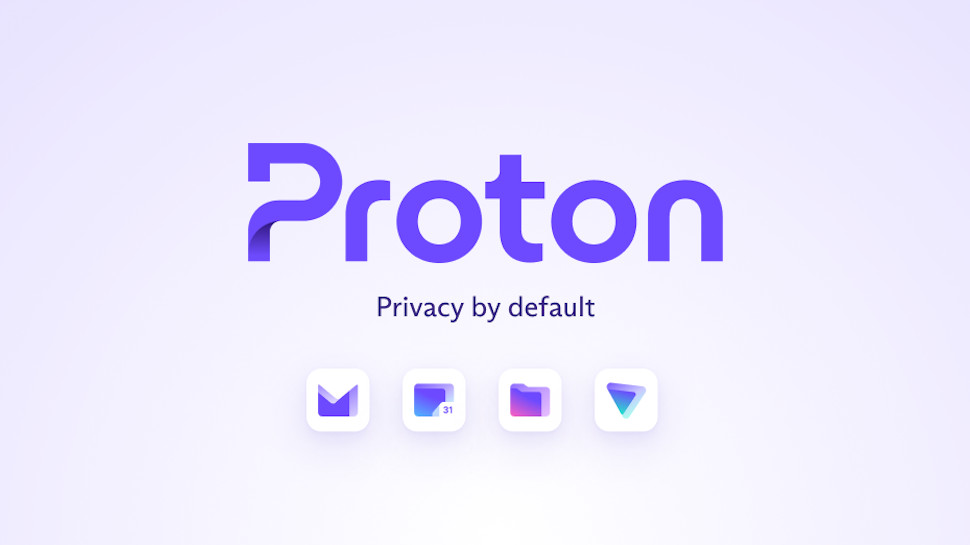Proton unveils new business VPN features
Additional business functionality has arrived for Proton users

Proton has added three new features to its business VPN which it says will help to improve functionality and make it easier to protect devices.
This includes mobile device management support (MDM) for simple installation of Proton VPN on employee devices, as well as expanding its offering of servers from two to twelve countries.
Finally, the company has added Gateway monitoring for organization-wide resource and application usage.
Boost for business
The company claims Proton MDM makes it easier to protect your business from the second a team member logs on, by automatically installing Proton VPN on to Windows PCs. So even if you have a new starter or roll out new business laptops to your team, you can be sure you’re protected. Proton will even sign them in for you automatically.
Moreover, you’ll be able to see where and on what devices Proton VPN has been installed, and add device restrictions. To further boost protection, you’ll be able to set your devices to require an active VPN connection to access apps and the internet and enable an always-on setting to reduce friction.
As for dedicated servers, you can now lease dedicated servers in multiple cities across twelve countries for better local resource access, segmentation, and remote team support.
Lastly, Gateway monitor provides at-a-glance information on users, connections, VPN connections, location, and device names, as well as more detailed information at the user level.
For additional information, visit the Proton VPN blog here.
More from TechRadar Pro
- Take a look at the best VPN with antivirus
- How to set up a VPN
- These are the best endpoint protection solutions
Sign up to the TechRadar Pro newsletter to get all the top news, opinion, features and guidance your business needs to succeed!

Benedict has been with TechRadar Pro for over two years, and has specialized in writing about cybersecurity, threat intelligence, and B2B security solutions. His coverage explores the critical areas of national security, including state-sponsored threat actors, APT groups, critical infrastructure, and social engineering.
Benedict holds an MA (Distinction) in Security, Intelligence, and Diplomacy from the Centre for Security and Intelligence Studies at the University of Buckingham, providing him with a strong academic foundation for his reporting on geopolitics, threat intelligence, and cyber-warfare.
Prior to his postgraduate studies, Benedict earned a BA in Politics with Journalism, providing him with the skills to translate complex political and security issues into comprehensible copy.